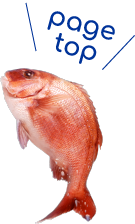To Research Institutions
Through partnerships with local universities and feed manufacturers, we engage in research aimed to develop feeds that are both sustainable and cost-effective. In response to the needs of local producers, we also offer analytical inspections of feeds and provide fish disease prognosis as an additional service.
RESEARCH & DEVELOPMENT
Feed is an essential to aquaculture and plays a key role in the successful production of healthy delicious fish. However, from a cost perspective, feed expenses account for approximately 60-70% of the total cost of production. However, due to the increasing demand for protein driven by global population growth there are concerns about the soaring prices of fishmeal, a primary ingredient used in feeds. Additionally, and since fishmeal is derived from wild fish sources such as sardines, there is a concern about the depletion of this marine resources caused by the global expansion of aquaculture.
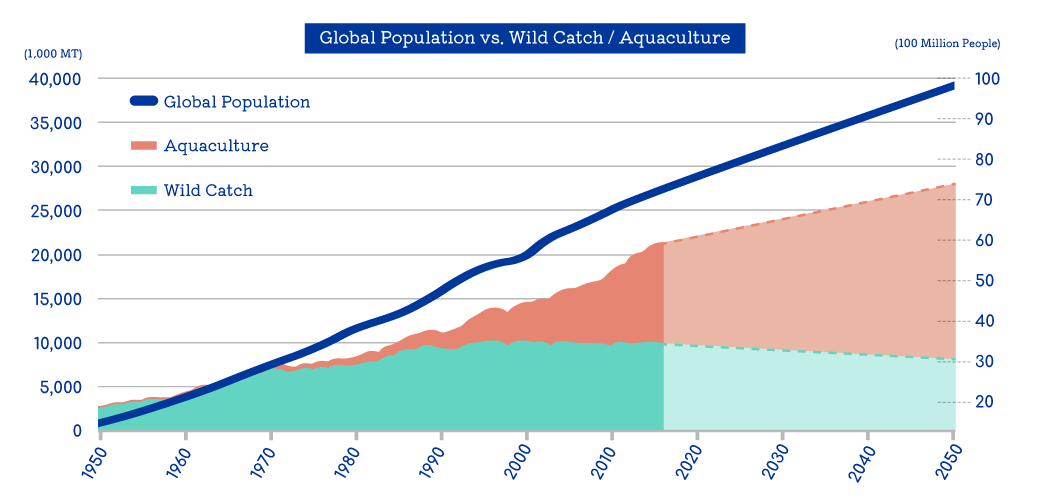
In light of these circumstances, our research encompasses a wide range of themes, but our core objective is centered around developing sustainable feeds. For example, prioritizing growth efficiency and survival rate of cultivated fish, while also striving to reduce reliance on natural resources in feed ingredients.
- Recent R&D themes include.
-
- Replacement of fishmeal in feeds using insect proteins.
- Use of shrimp hydrolysis as a feed supplement.
- Use of scallop roe as a feed ingredient.
- Establishing cultivation methods for the cherry salmon.
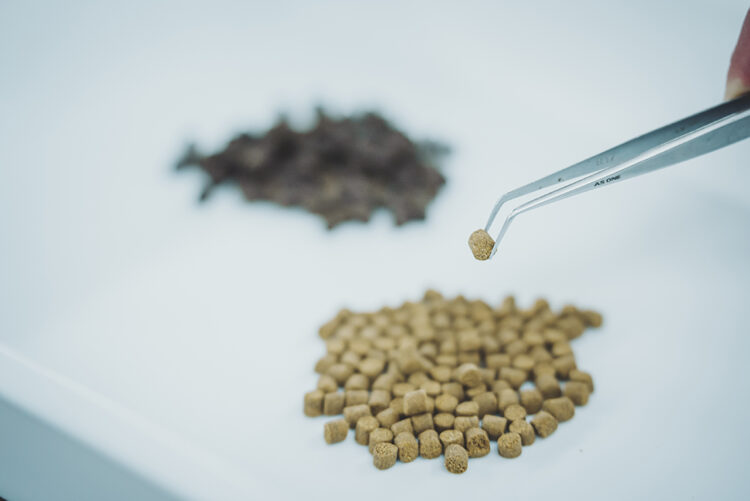
Our company has a variety of testing environments suitable for different research phases, from tanks to field tests at our farm. We embrace flexible research frameworks that involve external collaborations, such as commissioned testing, joint research, and collaboration with government and academia.
QUALITY CONTROL
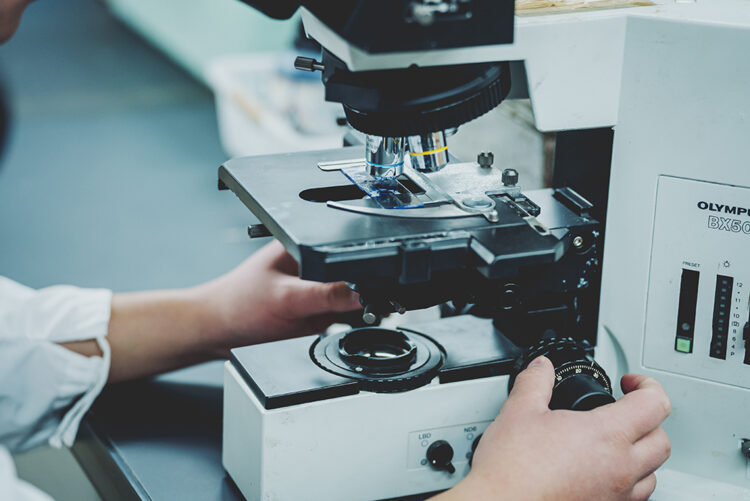
In order to provide producers with feed of consistent quality throughout the year, we collaborate closely with feed manufacturers to conduct regular quality checks. Our efforts don’t stop at measuring deviations from a nutrient’s standard value. We also make adjustments to the physical properties of our feed, such as hardness and particle size. Furthermore, to ensure that the fish delivered to our consumers are always safe, quality assurance measures are implemented during the fish’s growth stage and processing. In particular, we conduct regular medical examinations of the farmed fish, measure mercury content, as well as perform water and sediment tests at the farm sites.
FISH DISEASE DIAGNOSIS
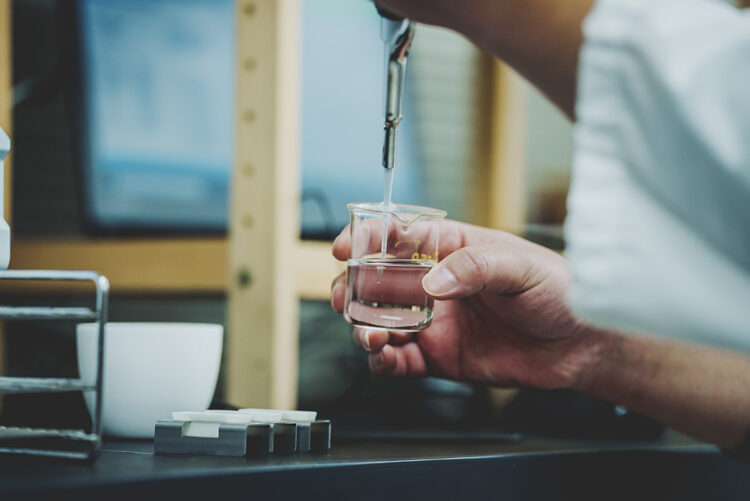
In aquaculture, there is always a risk of disease, bacterial infections or seasonal ailments. It is crucial to quickly identify the symptoms and provide appropriate treatments in order to minimize mortality and/or growth issues. Our headquarters in Uwajima City has a specialized analysis laboratory staffed by biology experts. In collaboration with pharmaceutical manufacturers, we offer comprehensive services including disease diagnosis, medication supply, and technical advice.
